Adolescent MentalHealthWarning Signs You Should Know
Adolescence is a critical stage for emotional and cognitive growth. Many teens begin to show signs of mental illness during this period. These mental health challenges can disrupt daily life, impact school performance, and strain relationships. Early recognition of warning signs and timely mental health treatment can improve outcomes and protect quality of life.
Adolescent Mental Health Warning Signs
Warning signs of mental health conditions in teens often appear as changes in behavior, emotion, or thinking. These may include excessive worrying, Persistent Sadness, angry outbursts, or a sudden decline in academic performance. Risky behavior, social withdrawal, frequent complaints of physical ailments like stomach aches, and unexplained weight loss or weight gain are also signs of emotional distress.
Common Mental Health Challenges in Adolescents

Anxiety
Adolescents with anxiety disorders may experience chronic anxiety, excessive worry, and fear during social interactions or daily activities. Generalized anxiety disorder and social anxiety are common types. These conditions can cause physical symptoms such as headaches and restlessness, and they interfere with daily functioning and social activities.
Depression
Teens experiencing clinical depression may show symptoms like major depression, feelings of worthlessness, chronic sadness, or a lack of interest in activities. Risk of depression is higher in those with a family history of mood disorders, mental illness, or traumatic events.
Changes in Appetite
Appetite changes, such as weight gain or weight loss, may be linked to body image concerns or depressive disorder. These shifts can also signal deeper mental health issues or co-occurring disorders such as eating disorders.
Sleep Problems
Disrupted sleep patterns, such as trouble falling asleep, waking frequently, or sleeping excessively, often accompany mental disorders. Adequate sleep is critical for brain function and daily functioning.
Increased Isolation
Teens avoiding social activities or family interactions may be struggling with a mental health condition. Isolation can worsen mental health symptoms and increase the risk of suicide attempt.
Behavioral Red Flags

Substance Use
Substance use disorder and abuse of drugs often emerge during adolescence. These behaviors can mask underlying mental health concerns or worsen emotional distress and behavioral health disorders.
School-related Issues
Poor school performance, bad grades, absences from school, and decline in grades may point to deeper issues. School Counselors, school nurses, or teachers may notice these concerns before parents.
Excessive Technology Use
Overuse of cell phones, video games, or social media can negatively affect mood, attention, and behavior in teens. Excessive screen time can also contribute to poor sleep, reduced physical activity, and increased irritability.
Importance of Early Recognition and Intervention
Recognizing mental health symptoms early allows for faster access to treatments for children and teens. Left untreated, mental illnesses such as Post-traumatic stress disorder, bipolar disorder, or attention-deficit/hyperactivity disorder (ADHD) can grow more severe. Early intervention helps protect daily life, school achievement, and long-term mental wellness.
Role of Parents
Parents can play a critical role in identifying warning signs and promoting mental health. Observing changes in behavior, addressing emotional outbursts, and seeking mental health services can support recovery. Family counseling or discussions with a family doctor can help guide care options.
Role of Educators
Teachers and school staff often witness early signs of distress. Collaboration between school professionals and mental health experts can help students manage symptoms and access treatment options.
Role of Healthcare Providers
Health care providers such as adolescent medicine specialists, primary care doctors, or mental health professionals can offer screenings and treatment. A no-cost mental health screening or referral to a behavioral health disorder specialist can guide next steps.
Strategies for Promoting Adolescent Mental Health

Open Communication
Creating a safe space for teens to share their thoughts helps reduce mental health stigma. Talking about touchy subjects like emotional distress or concerns about suicide helps teens feel supported.
Professional Support
Professional support may include therapy, medication such as anti-anxiety medicine, or Cognitive-Behavioral Therapy. In more serious cases, access to mental health crisis services may be needed.
Setting Boundaries on Screen Time
Balancing digital use with real-world interactions supports mental health. Reducing excessive video game play and screen time helps improve sleep, behavior, and mood.
Promoting Healthy Lifestyles
A balanced diet, physical activity, and adequate sleep strengthen brain chemistry and emotional stability. Healthy habits support treatment of depression, ADHD, and other common disorders in children.
Encouraging Self-esteem Activities
Activities that build confidence—such as volunteering, arts, or team sports—improve self-worth. These can be especially helpful for adolescents with anxiety disorders or those dealing with social anxiety.
Influence of External Factors
Social Media Impact
Exposure to harmful content, unrealistic comparisons, and cyberbullying through social media can affect body image and mental health. Monitoring online behavior helps reduce risk.
Peer Pressure
Peer pressure can lead to risky behavior, abuse of drugs, or emotional outbursts. Encouraging teens to make safe decisions and build assertiveness is key.
Understanding Adolescent Development
Adolescents experience changes in brain structure, brain chemistry, and emotional regulation. These shifts affect behavior, mood swings, and decision-making. Understanding these aspects of development helps adults respond with patience and support.
Immediate Attention for Severe Symptoms
Recognizing Suicidal Thoughts
Extreme mood changes, withdrawal, self-harming behaviors, or talk of suicide may indicate serious risk. Rates of preteen suicide have risen, making awareness and rapid response essential.
Accessing Crisis Resources
If there is a mental health crisis or acute safety concerns, contact a 24/7 crisis line, local mental health services, or call 988. The Mental Health Services Administration and National Institute of Mental Health offer trusted resources.
Conclusion: Supporting Positive Outcomes in Adolescent Mental Health
Supporting teen mental health involves early identification, open communication, and access to care. With help from families, schools, and health professionals, adolescents can learn to manage mental health conditions and lead healthy, productive lives. Encouraging positive behaviors and reducing stigma helps teens navigate challenges with strength and support.
FAQ's
Warning signs may include changes in mood, behavior, sleep, or appetite. Teens might show increased irritability, frequent complaints of physical ailments like stomach aches, sudden decline in academic performance, or withdrawal from social activities. Other signs include substance abuse, self-harming behaviors, and expressions of hopelessness. If these symptoms persist or interfere with daily life, it may indicate a mental health condition that requires attention.
Parents can help by maintaining open communication, creating a safe space for discussion, and listening without judgment. It’s important to take their concerns seriously and avoid dismissing emotions as typical behavior. Scheduling an evaluation with a mental health professional or health care provider can help determine the right treatment options, which may include therapy, medication, or family counseling.
Teens should be evaluated if they show signs of persistent sadness, excessive worrying, angry outbursts, risky behavior, or if they talk about harming themselves. Other red flags include poor school performance, sleep problems, or withdrawal from friends and family. If symptoms interfere with daily functioning or raise safety concerns, prompt evaluation by a mental health expert or adolescent medicine specialist is recommended.
Social media can impact self-esteem, body image, and emotional health. Teens may face pressure to meet unrealistic standards or experience cyberbullying. Excessive screen time may also affect sleep patterns and increase feelings of isolation. Setting boundaries on technology use and encouraging real-world social interactions can help support healthy behavior and emotional well-being.










